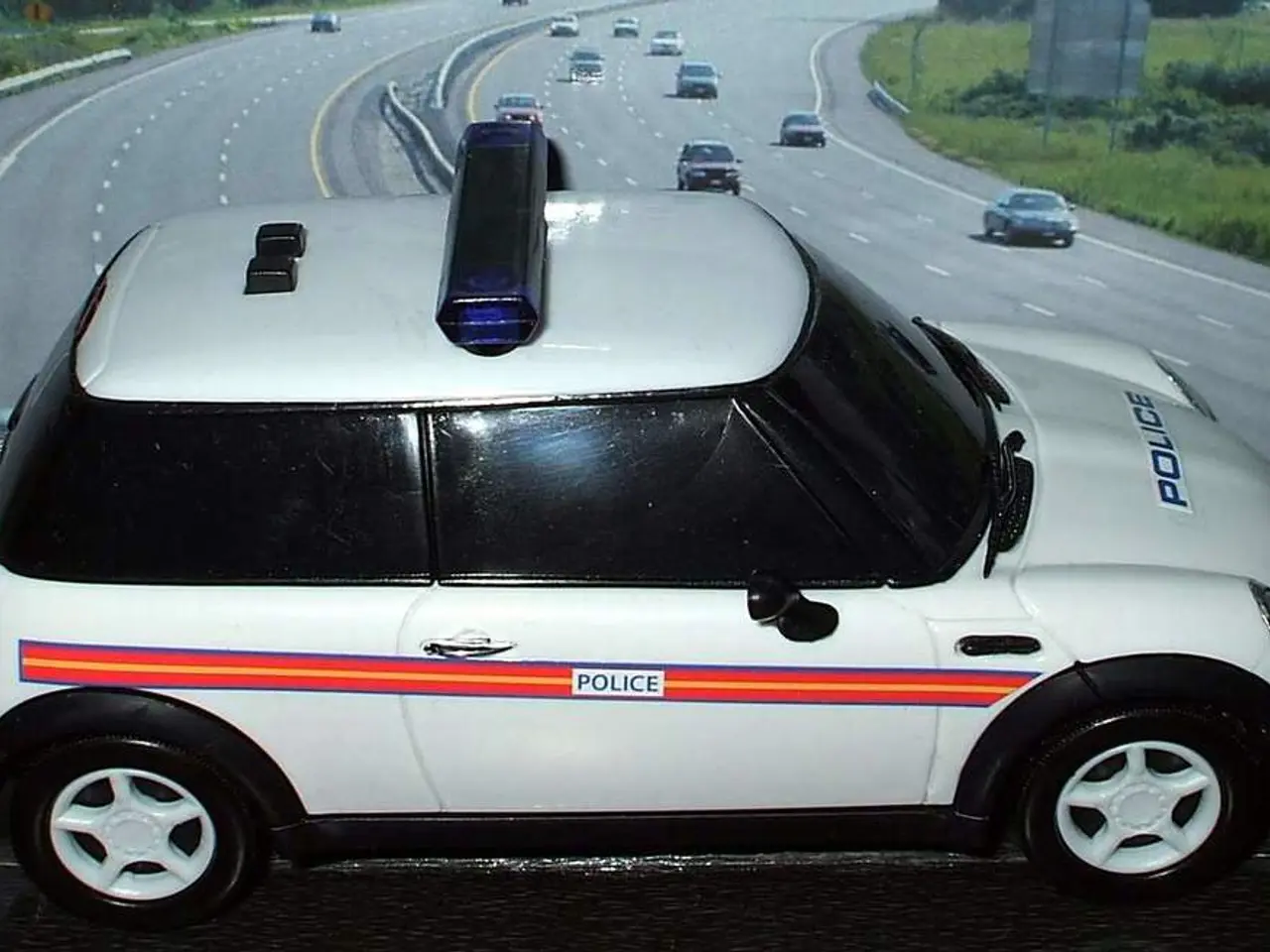Police in England and Wales conduct strip searches on children as young as eight years old approximately every 14 hours.
Concerns about the appropriateness and safeguarding of strip searches on minors by police in England and Wales have been heightened, following a report by the Children’s Commissioner. The report, released on Monday 19 August 2024, highlighted that many of these searches are unnecessary, unsafe, and underreported.
The case of Child Q, a 15-year-old Black schoolgirl who was strip-searched in London, Hackney in December 2020, without an appropriate adult present despite being on her period, prompted the investigation. The report revealed that between January 2018 and June 2023, 3,368 strip searches of children were conducted by 44 police forces in England and Wales.
During the same period, almost 90% of these searches were related to drug suspicions, while only 6% were linked to weapons or blades. However, alarmingly, nearly half of the searches led to 'no further action,' raising questions about their necessity. In addition, only a quarter of the strip searches resulted in arrests.
The report also shed light on racial disparities in strip searches. Black children were four times more likely to be strip-searched between 2022 and 2023 compared to national population figures, although this marks a decrease from the previous rate of six times more likely between 2018 and 2022.
Assistant Chief Constable Andrew Mariner agreed that a much higher threshold should be required before subjecting a child to a strip search. He stated that too many strip searches are unnecessary, unsafe, and under-reported. The proportion of strip searches involving children aged 15 or younger increased to 28% between July 2022 and June 2023, compared to 23% in the previous four years.
Another concerning finding was that an appropriate adult was not confirmed as present in nearly half of the strip searches conducted between July 2022 and June 2023. Police forces were twice as likely to record additional characteristics of vulnerability during strip searches conducted in custody compared to those carried out under stop and search protocols.
Dame Rachel de Souza, the Children’s Commissioner, acknowledged improvements in how police conduct and record strip searches but emphasized that many unnecessary and unsafe searches are still occurring. She expressed cautious optimism about overcoming systemic challenges but stressed the need for urgent work to reduce the number of these intrusive searches. Mariner welcomed the progress made since the case of Child Q but emphasized that there is still urgent work to be done to reduce the number of these intrusive searches.
The report's findings have led to misconduct proceedings against three Metropolitan Police officers and calls for a review of police strip-search powers. The Commissioner has emphasized the need for urgent reform to ensure that strip searches are only used as a last resort and with proper safeguards in place. Further research and policy changes are necessary to address these concerns and ensure that safeguarding protocols are effective and equitable.
The report on strip searches of minors by police in England and Wales, released by the Children's Commissioner, underscores the need for a reevaluation of policies in the realm of crime and justice, as many of these searches are unnecessarily intrusive, unsafe, and underreported. In the domain of general-news, this issue has garnered significant attention, with the case of Child Q, a 15-year-old Black schoolgirl, serving as a catalyst for investigation.







